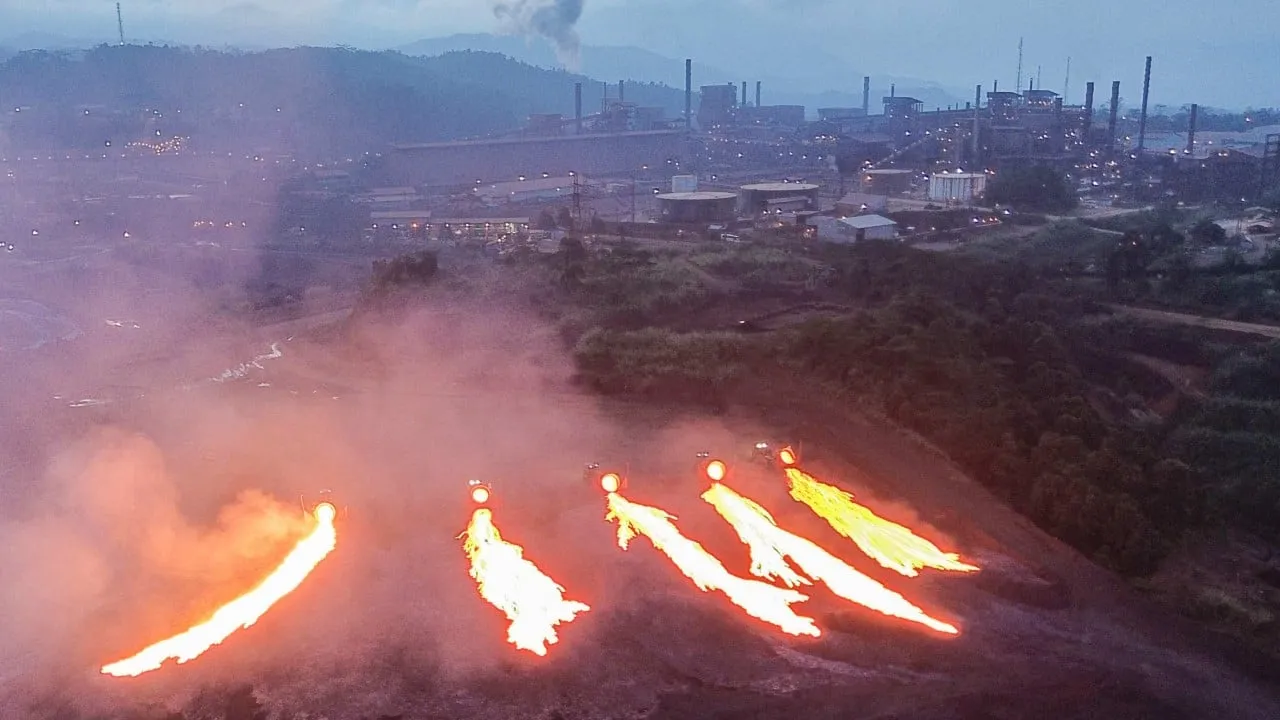Sustainability and Pollution in Nickel Mining in Indonesia and the Philippines

Urgent Need for Reforms in Nickel Mining
Amidst rising global demand for electric vehicles, the nickel mining sectors in Indonesia and the Philippines face mounting scrutiny due to severe human rights abuses and environmental harm. A recent US Department of Labour report has spotlighted the use of forced labor in Indonesian nickel production, particularly on the islands of Sulawesi and Maluku, where exploitation and poor working conditions prevail.
Consequences of Irresponsible Mining Practices
The stark realities of nickel extraction reveal a troubling dichotomy. Deforestation and habitat loss threaten biodiversity, worsening the region's resilience to extreme weather. Furthermore, air pollution from mining leads to public health crises and exacerbates climate change, posing long-term risks to local populations.
Confronting Corruption and Inequality
- Corruption within the industry complicates accountability.
- Many companies exploit natural resources unchecked, risking community livelihoods.
- Recent detentions connected to nickel mining corruption signify the need for stringent oversight.
Looking Towards Sustainable Solutions
For a sustainable future, a decisive shift to responsible nickel mining practices is paramount. Governments of both nations must enforce environmental regulations strictly and ensure fair compensation for damages. Engaging local communities in decision-making processes and recognizing their knowledge can further promote environmental stewardship.
Conclusion: The Path Forward for Nickel Mining
Integrating ecosystem services into business planning can rectify the imbalance in evaluating nickel mining's true costs. To achieve sustainability, collaboration among industries, local communities, and governments will shape equitable policies that protect both livelihoods and the environment.
Disclaimer: The information provided on this site is for informational purposes only and is not intended as medical advice. We are not responsible for any actions taken based on the content of this site. Always consult a qualified healthcare provider for medical advice, diagnosis, and treatment. We source our news from reputable sources and provide links to the original articles. We do not endorse or assume responsibility for the accuracy of the information contained in external sources.
This article was prepared using information from open sources in accordance with the principles of Ethical Policy. The editorial team is not responsible for absolute accuracy, as it relies on data from the sources referenced.